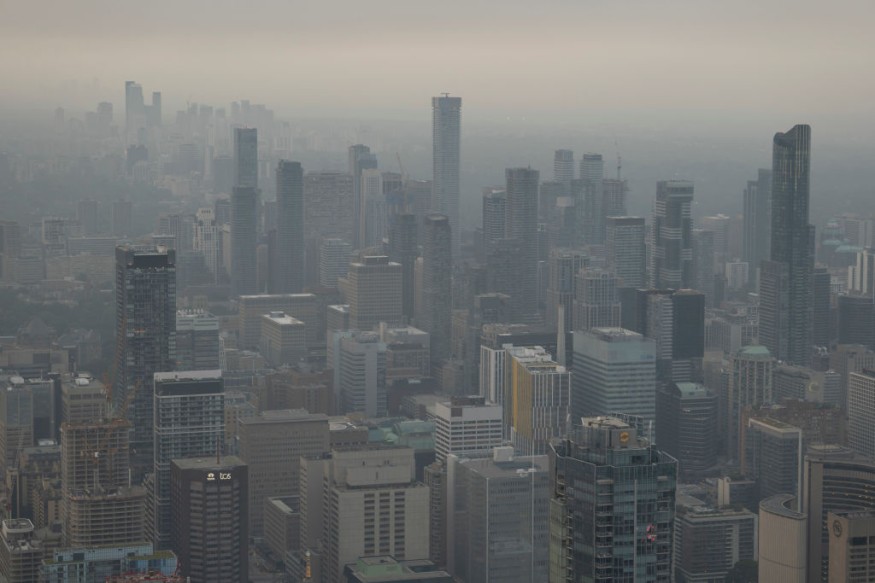
Canada's emission reduction plan failed to meet its target aim of reducing greenhouse gas output by 40% to 45% below 2005 levels by 2030, a new report released by the country's auditor general said.
Falling short of the minimum 40% would mean Canada would miss its commitment under the United Nations' Paris Agreement on climate change.
Not A Priority
The audit concluded that the government's strategy was insufficient since essential steps required to accomplish the 2030 target were postponed or were not prioritized.
The commissioner's reports focused on five major areas: the government's fleet of zero-emission vehicles, charging station development, monitoring marine fisheries catch, the status of environmental petitions brought to Parliament, and the government's efforts to decrease emissions.
The research offered a bleak image of emissions reductions in Canada over the last two decades, claiming that the only major reductions were during the 2008 financial crisis and the COVID-19 pandemic, both of which had nothing to do with emissions reduction strategy.
"Canada is the only G7 country that has not achieved any emissions reductions since 1990," said Jerry DeMarco, commissioner of the environment and sustainable development.
The report also said that some of the policies in the 2030 plan lacked a timetable that defined when they would be executed.
The audit stated that it expected to find explicit targets for how much each of the actions it took would reduce emissions, but found none for 95% of those measures.
The audit also criticized the plan's modeling, stating it was based on "overly optimistic assumptions, limited analysis of uncertainties, and a lack of peer review."
"Without expected emission reductions transparently available in the plan, it is not possible to know which of the mitigation measures to reduce emissions were key," the audit said.
Accountability And Monitoring Needed
The audit discovered severe delays in the execution of emission-reduction measures, with fewer than half of them having no completion deadline.
These delays increase the chance of Canada missing its 2030 target, and they may also result in the country emitting significantly more greenhouse gases into the environment over time.
The report also criticized the government's accountability mechanisms, stating that "the responsibility for reducing emissions and achieving the 2030 and 2050 targets is fragmented among multiple federal organizations that are not accountable to the" environment minister.
In the next few weeks, Ottawa will unveil zero-emissions car measures, enforce a 70% reduction in methane output from the oil and gas sector by 2030, and develop a framework for an oil and gas emissions cap.
Prime Minister Justin Trudeau has repeatedly said that addressing climate change is one of the government's top priorities; however, every emissions reduction target that Canada has ever set has been missed.
Canada unveiled its first serious roadmap to attaining 2030 climate targets last year, outlining specific plans and C$9.1 billion ($6.6 billion) in increased spending to reduce greenhouse-gas emissions.
According to DeMarco, the government may still accomplish its 2030 aim "with drive, focus, and leadership."
Related Article : Canada Falls Behind its Climate Goals: What Went Wrong?
© 2025 NatureWorldNews.com All rights reserved. Do not reproduce without permission.





